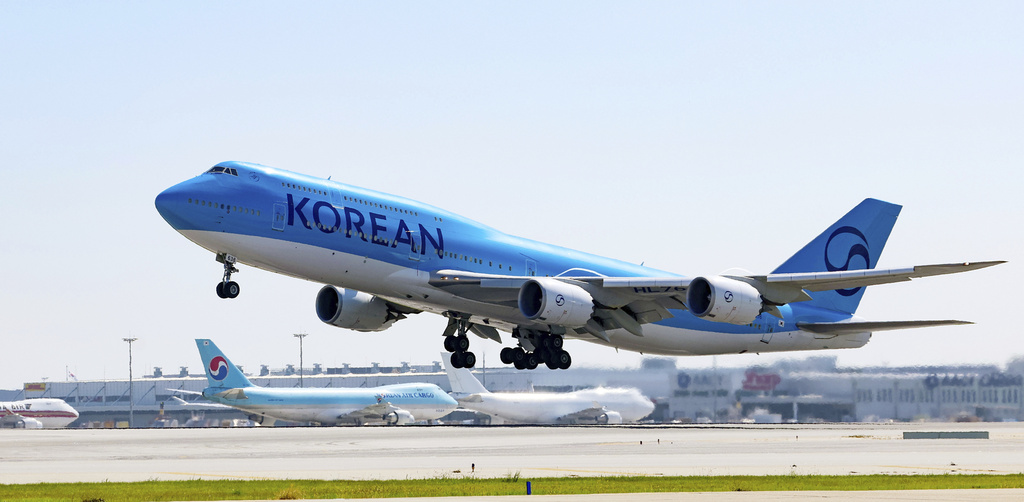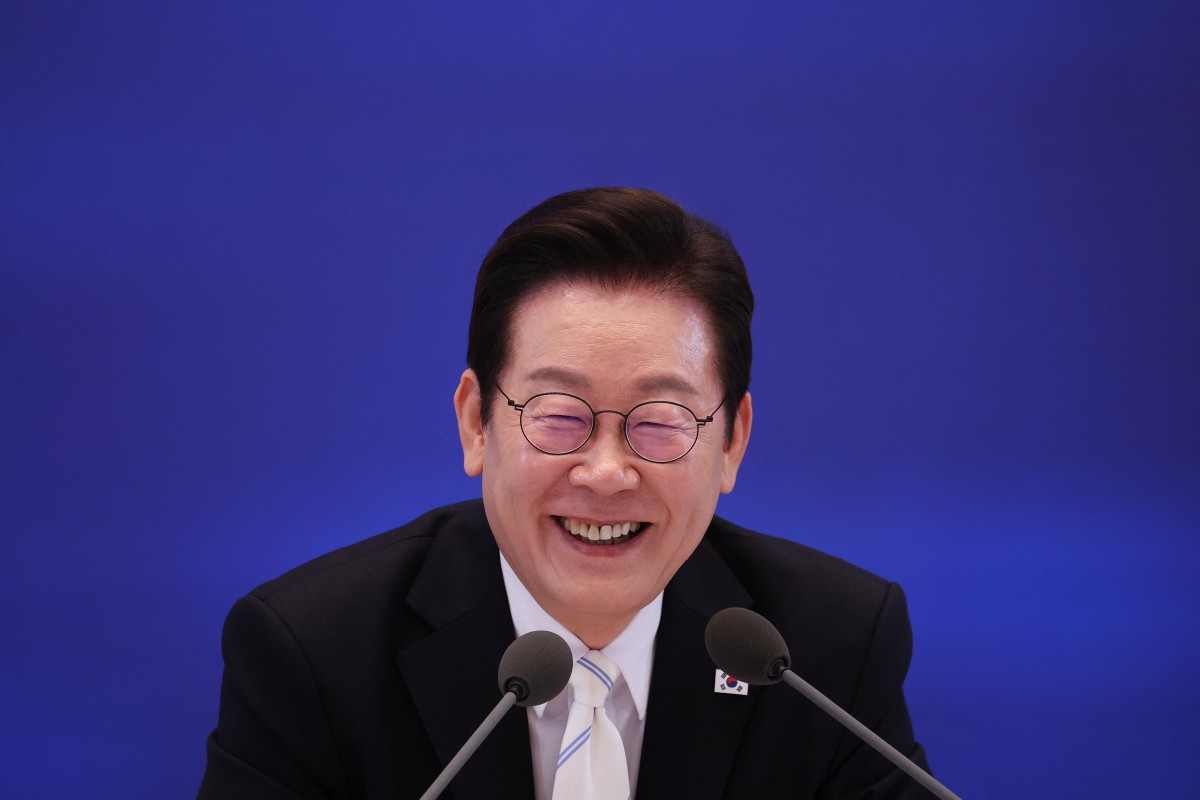
Hundreds of South Korean workers detained in a US immigration sweep last week are returning home on a chartered plane, an episode that has stirred doubts over Korean investment and strained ties between the two allies.
A Korean Air Lines Co aircraft carrying 330 people — including 316 South Koreans — departed Atlanta on Thursday. The plane is expected to arrive in South Korea Friday afternoon.
The unprecedented raid at a Hyundai Motor Co-LG Energy Solution Ltd battery plant under construction in Georgia has rattled South Korea, where images of shackled workers have circulated widely and fueled public anger, casting a cloud over President Lee Jae Myung’s young presidency. Construction on the plant is being delayed by several months, Hyundai Chief Executive Officer José Muñoz said in an interview Thursday, as disruption spread across the industry.
The Sept 4 raid took place just two weeks after Lee and President Donald Trump held a summit to reaffirm their economic and security ties. Lee said on Thursday the incident could have a significant impact on direct investment into the US as Korean firms grow wary of a potential crackdown.

Lee’s approval rating slipped 5 percentage points from a week earlier to 58 percent, according to the latest Gallup Korea poll released Friday, with diplomacy the biggest drag.
The fallout adds to strains from a July trade deal that kept a 15 percent levy on most Korean imports. Trump hasn’t signed an order to lower auto tariffs as pledged, while the two sides remain split over Seoul’s $350 billion investment pledge, a key part of the accord.
READ MORE: US immigration agents arrest hundreds at Hyundai plant, mostly Koreans
As the operation threatens to undermine billions in investment plans by Korean conglomerates, Commerce Secretary Howard Lutnick said in an interview with CNBC that South Korea must accept the trade deal that includes investment in the US, or it will pay tariffs. Lutnick said Trump plans to help facilitate short-term visas for foreign skilled workers needed to build new factories.


